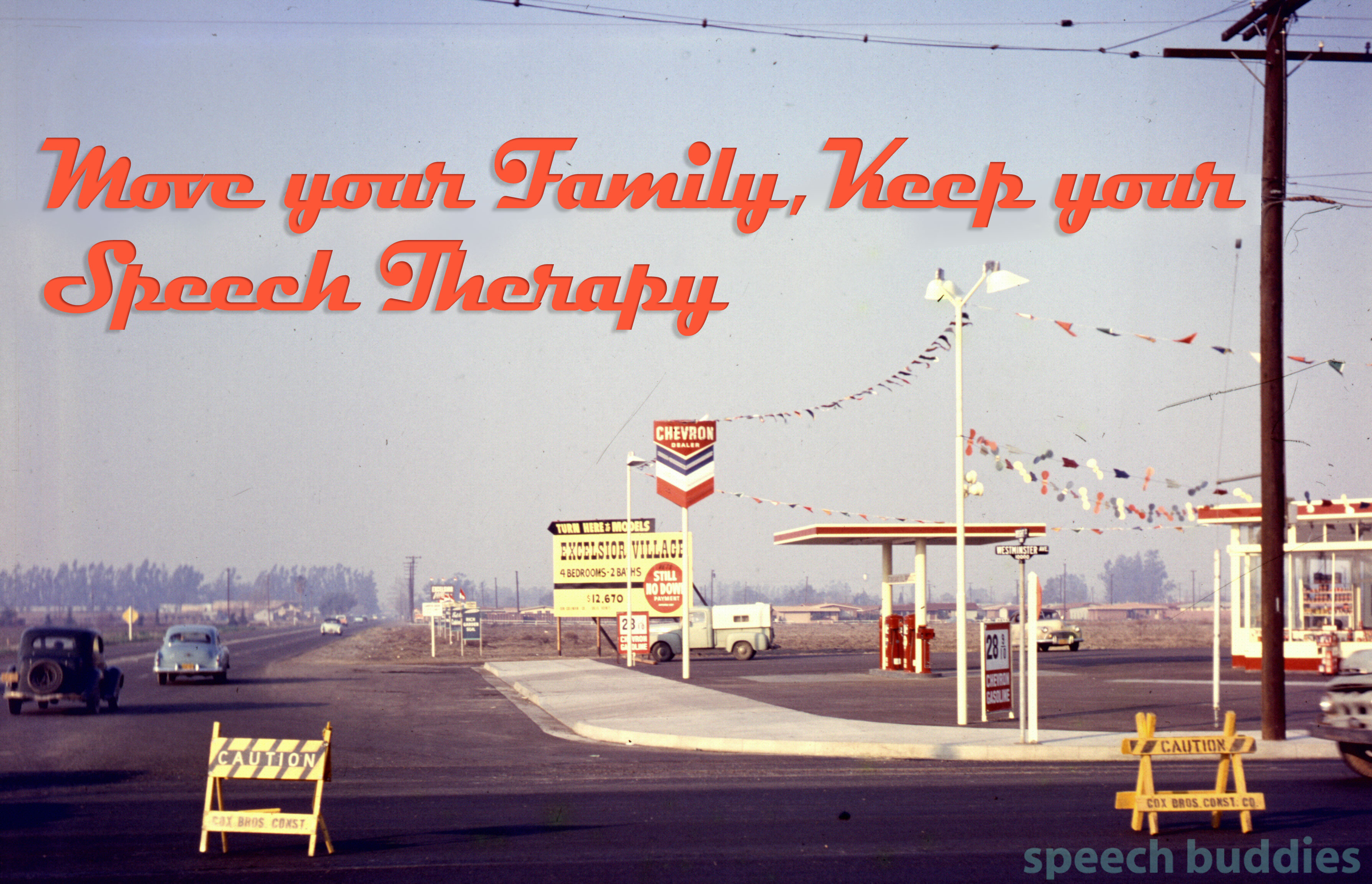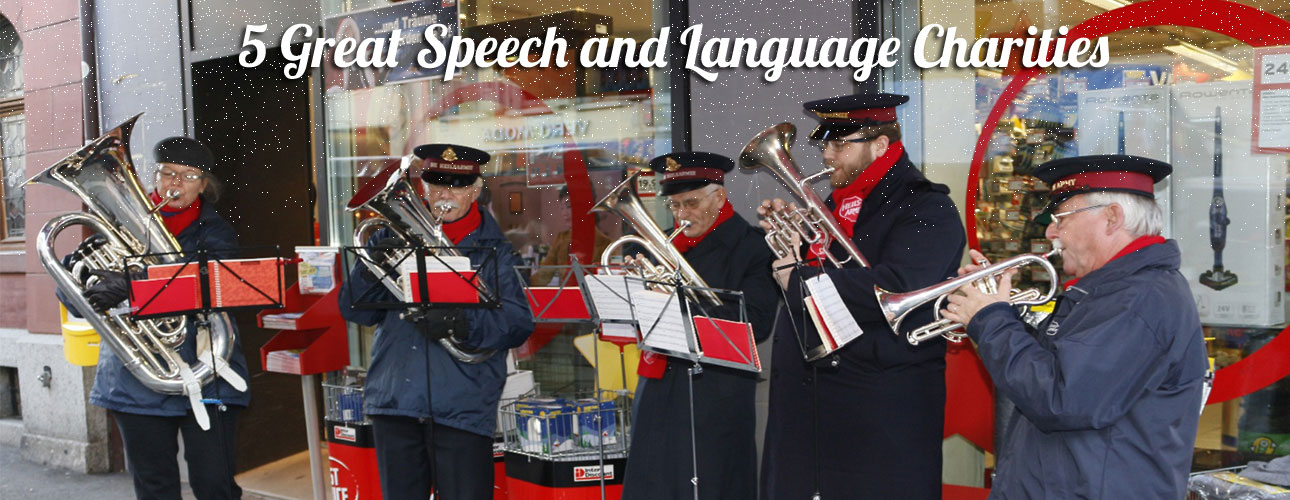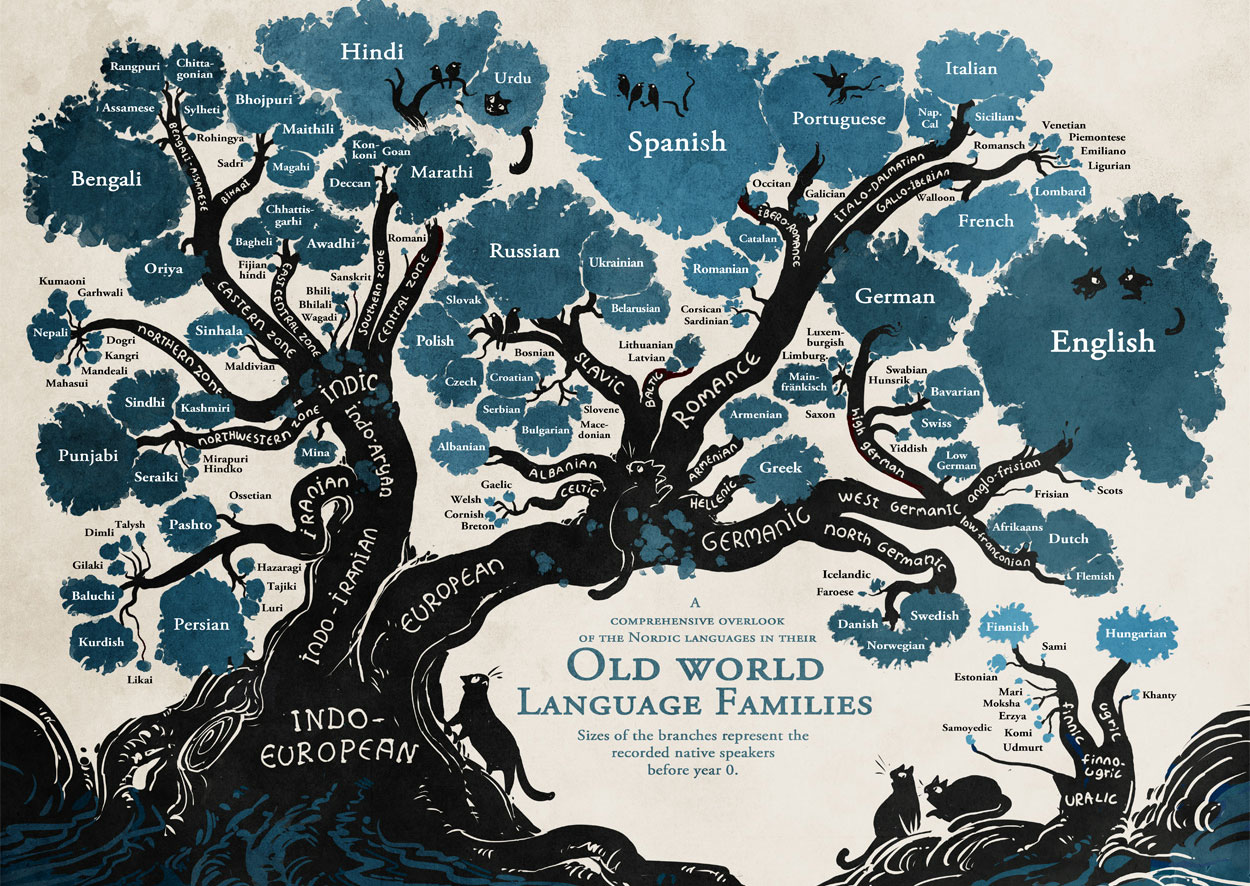Geek-Out Alert! This post is where the geeks glove come off, as they say. I am about to becoming an unapologetic, unabashed geek about one of my all time favorite topics: the crazy sounds of the world’s languages. As you might imagine the clinical founder of Speech Buddies, a revolutionary, evidence-based tool set for treating speech sound disorders, has a deep interest in phonetics. Phonetics is the branch of the social science of linguistics that studies how sounds are produced, where the tongue is placed, how it moves during speech and how the air flow is shaped. I will come out right now and admit that on down time, when my kids are asleep and I finally have an hour to myself, I will actually listen to clips of speakers of some of the world’s most fascinating and (let’s call them crazy) languages. I wanted to share some of these exquisite examples of the human sound production system and perhaps to spark an interest in you for yet another wonder of nature.
4 Ways to Jumpstart Speech Therapy at Home
Parents' Corner Pronunciation & LispsWith the body awash in insulin to metabolize all that holiday sugar and (if you’re like me) a mildly shocking reading from the scale, the New Year is a time to set new goals—resolutions, we like to say—to make us especially steadfast. While most New Year’s resolutions tend to involve personal disciplines like not eating so much barbecue or to get more exercise, as parents it is important to consider how our resolutions could positively influence our child’s education. Here are four easy-to-implement resolutions to either get your child’s therapy back on track or to further bolster their progress with a little speech therapy at home.
Move Your Family, Keep Your Speech Services
Parents' CornerI’ve gotten the following question from clients, friends and friends of friends numerous times over the course of my career:
“we are moving but can we still keep our speech services?”
The answer is actually not so simple. In a given year, almost 20% of Americans families will move, either locally, across state lines or internationally, according to the 2010 US Census. A good number of these families have children and, as I’ve said in previous blog posts, as many as 10% of the total pediatric population presents with a communication challenge. So, this is no trivial issue – it is a source of uncertainty and anxiety for potentially millions of families every year. I will focus on general steps for seamlessly retaining your speech services (i.e. with a minimal hiatus) for: 1) early intervention; 2) pre-school services; 3) school-age services. I will discuss both public and private options as well as considerations for easy, intra-city moves, inter-state moves as well as international moves. With this general information, I hope you, the parent of a child tackling his or her speech challenge, will be more empowered to get started finding a speech therapist as soon as possible whatever the location of your “greener pastures” may be.
Photo courtesy Orange County Archives
Great Speech and Language Charities to Support this Season
Speech TherapistFrom my office in downtown Brooklyn, I can hear the not-entirely-rhythmic jingling of the Salvation Army workers and it got me thinking: this really is a season of charity. Since I and my wife tend to send a donation to a charity whose mission we strongly support, wouldn’t it make sense to share some information about a handful of really great speech and language charities that I have come across in my career? Here are five great speech and language-focused charitable organizations that are changing the lives of the thousands of children they support. They are, in no particular order: Small Steps in Speech, Smile Train, donorschoose.org, the American Speech-Language-Hearing Foundation, and CASANA (Childhood Apraxia of Speech of Association of North America). Each of these charities has a noble mission and a track record of getting your charity dollars to their stated beneficiaries. As you consider who to give a holiday (or otherwise) charitable donation to, keep these charities in mind; they are helping children and adults all over the world improve their capacities to communicate. What better gift is there that the gift of communication?
The Crazy and Fascinating History of the English Language
NewsThe English language is the conduit of more human contact than any other language in the world. It is the official language of 58 sovereign nations in all six habitable continents. And when, for example, Bosnia & Herzegovina and Argentina played each other in the 2014 World Cup in Rio de Janeiro, Brazil, the players largely communicated with each other and referees in — you guessed it — English. Yet we might take for granted how our language came to be what it is today. Together we’ll look at the history of English and the journey it has taken from Paleolithic times, when it was proto Indo-European, to the bewildering genealogy of the lexicon we use today.
[Illustration from Minna Sundberg’s web comic Stand Still. Stay Silent.]






